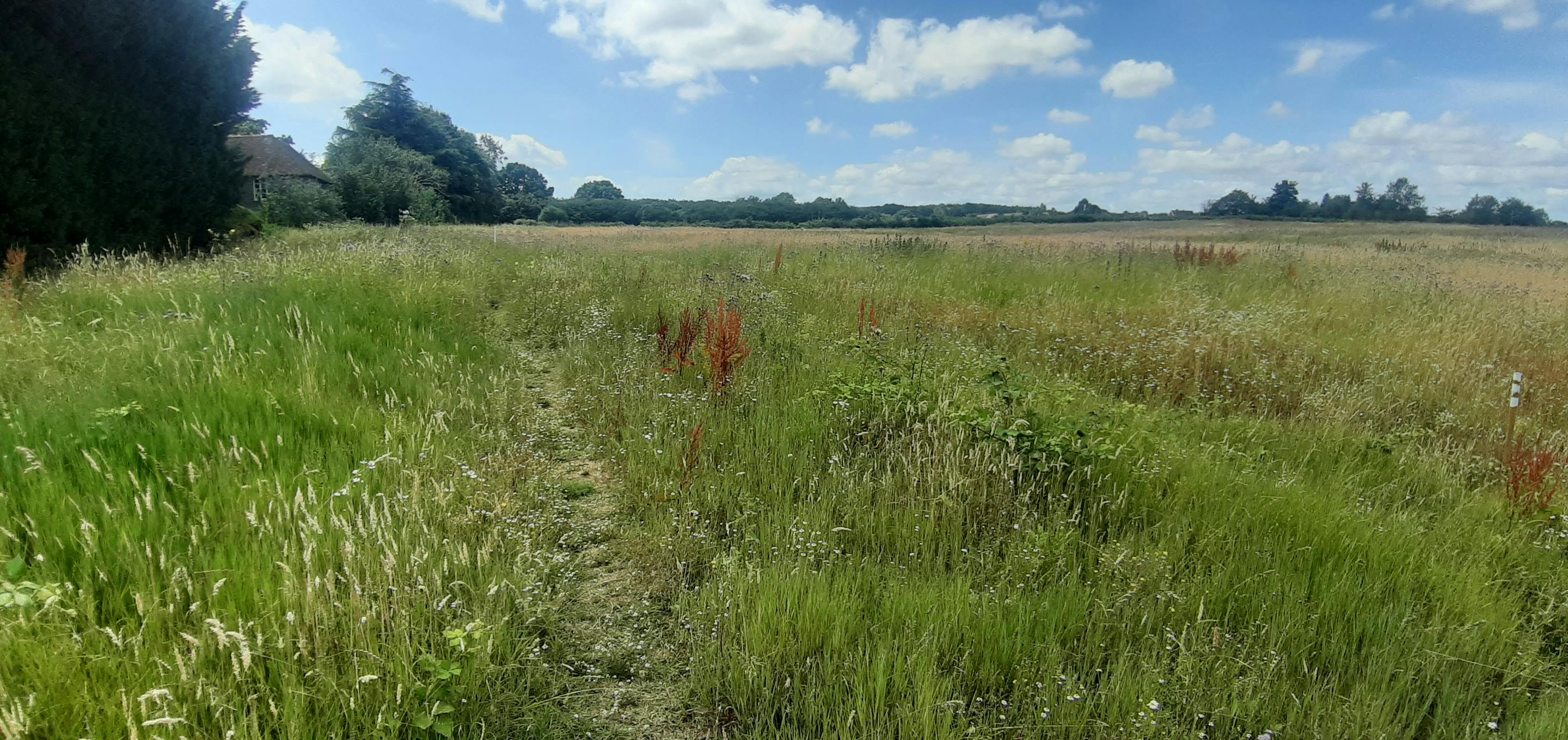
Preliminary EcologicalAppraisal (PEA)
Preliminary Ecological Appraisal
A PEA is often the first step in the ecological assessment process and is typically required for planning applications. A PEA is an initial environmental survey conducted to assess the potential ecological impacts of a proposed development or land use change.
PEA surveys should be carried out as soon as possible in the planning application process to avoid any delays to your development.
Purpose:
- To inform clients and planners about ecological considerations early in the design process.
- To determine whether more detailed ecological surveys (e.g., for bats, great crested newts, badgers, reptiles, etc.) are needed.
- To help fulfill legal and planning policy requirements, such as those under the UK Wildlife and Countryside Act 1981 or the National Planning Policy Framework (NPPF).
- Flag any special design considerations that may be required.
Key Components of a PEA:
Desk Study:
- Review of existing data (e.g., species records, habitat maps, designated sites).
- Identification of nearby protected sites and priority habitats/species.
Extended Phase 1/UKHab Habitat Survey:
- A field survey to map habitats and identify potential for protected species.
- Conducted by a qualified ecologist using standard methodology (UKHab/Phase 1 or similar).
Assessment of Ecological Constraints and Opportunities:
- Identification of potential ecological constraints to the development.
- Recommendations for further surveys if protected species or habitats are likely to be affected.
Reporting:
- A written report summarizing findings, highlighting potential ecological issues, and suggesting mitigation or enhancement measures.